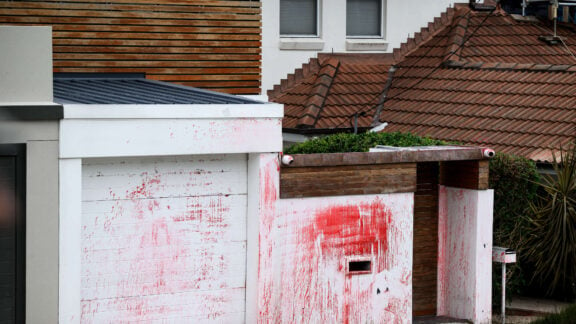This week is National Bullying No Way Week (August 12-16), which serves as a reminder to the community on how crucial it is to help children stay safer online and stop cyberbullying before it impacts a child’s life.
The Triple P (Positive Parenting Program) held their largest-ever survey of parents and carers and found that eight out of 10 parents are concerned about keeping their children safe from online dangers like cyberbullying.
Parents with children aged six to 11 years old were also the least confident in their ability to know what to do if their child is getting bullied.
Carol Markie-Dadds, Triple P International Country Director, highlighted the urgency of this issue.
“Bullying, whether it’s online through text or social media, or in person, has a significant impact on children’s emotional and physical health, and puts children at greater risk of mental health concerns, like anxiety or depression,” she said in a media release.
“This national week of action is a timely reminder that parents and carers play a key role in preventing and helping their children respond to bullying in all its forms.
“With the increasing prevalence of bullying online, parents can help kids develop the knowledge, skills, and awareness they need to navigate the online world confidently and safely.”

She added that it takes time and practice for children to learn how to spot potentially unsafe situations, make good decisions, and know when to speak to a trusted adult if something worrying happens.
“Having honest and regular conversations with our kids makes a big difference in helping children develop these skills at home, in school, and in the wider community.”
Triple P have broken down three ways to talk to kids about cyberbullying.
Start the conversation
Casual, frequent chats are sometimes the better option to longer, serious talks with kids.
For younger kids, they suggest keeping it simple and talking about being kind online.
As for tweens and teens, respect their need for more privacy and show interest in their online activities, encourage them to consider the impact of their messages, to respect others’ differences, and to expect the same for themselves.
Help kids feel prepared
Asking ‘what if’ can help kids feel prepared to handle situations. For younger children, asking how would they feel if a stranger tried to message them while they were playing a game. Tell them what they can do in this situation, like telling a grown-up.
For teens, it’s suggested to talk about how they would feel if they saw hurtful comments about a classmate on social media and explore ways they could respond, while being open to their opinions and ideas.
Create a calm, supportive space
If a kid feels embarrassed or scared to talk to their parents, they can tell them it’s okay to feel afraid or worried, and they won’t get in trouble. Staying calm and letting them know you’re available to listen and help is important.
If there are concerns that your child is being bullied online, you can seek help from your school, eSafety (www.esafety.gov.au) or Kids Helpline (www.kidshelpline.com.au)









